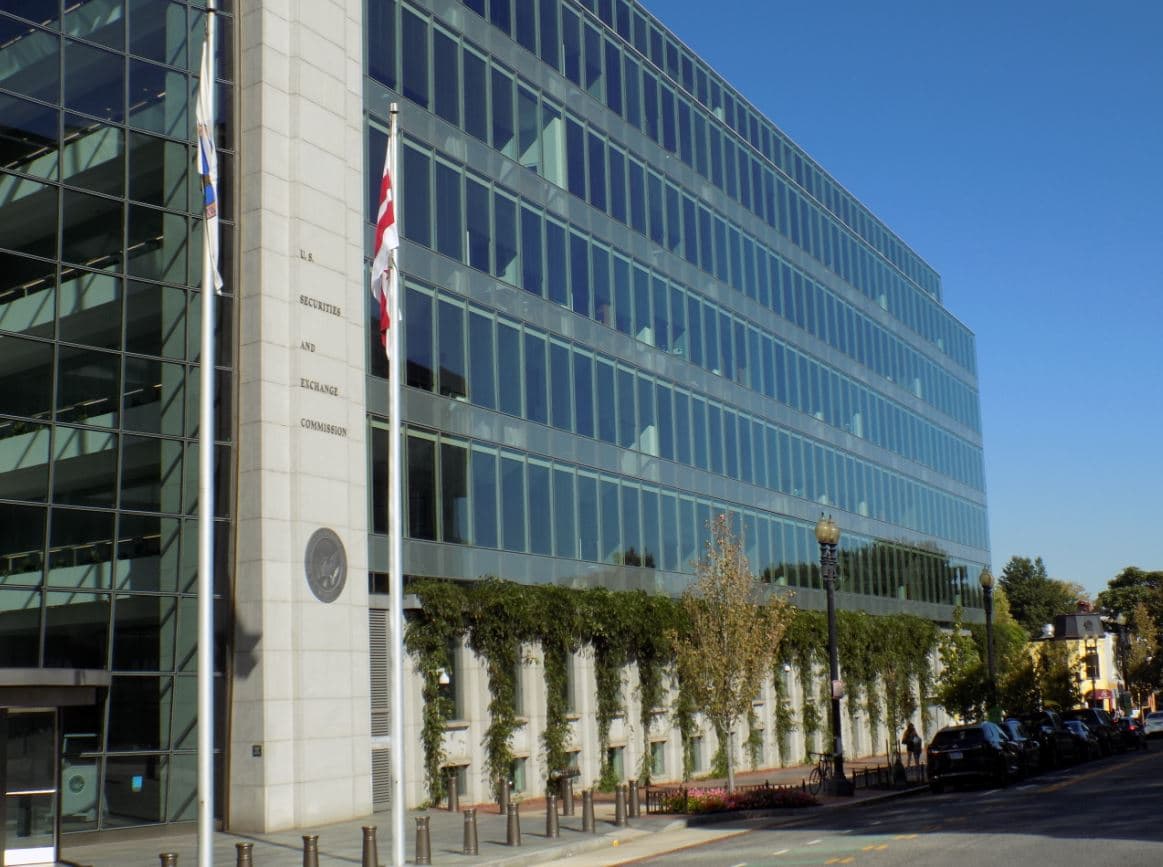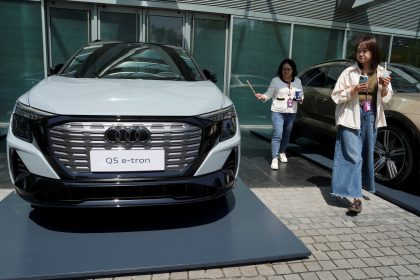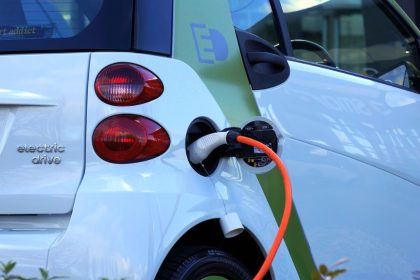New SEC Climate Disclosure Proposal Has Widespread Impact

WASHINGTON — The Securities and Exchange Commission on March 21 proposed rule changes that would require certain new climate-related disclosures on statements and periodic reports.
Among the disclosures would be information about climate-related risks that are reasonably likely to have a material impact on a registrant’s business, operations, or financial conditions.
Of specific note are three required information disclosures particular to direct greenhouse gas emissions (Scope 1), indirect emissions from purchased electricity or other forms of energy (Scope 2), and emissions from upstream and downstream activities in its value chain (Scope 3).
SEC Chair Gary Gensler said the proposal was driven by the needs of both investors and issuers.
While SEC Commissioner Caroline Crenshaw called the proposal “an important and long-awaited step forward” and Allison Lee termed it a “watershed moment” for financial markets, others like Hester Peirce have said it exceeds the SEC’s statutory authority.
The SEC has had climate risk-factor disclosure requirements for a long time, but disclosures related to ESG — environmental, social, and governance criteria —are currently voluntary.
The proposed disclosures are similar, however, to those that many companies already provide based on broadly accepted disclosure frameworks, such as the Task Force on Climate-Related Financial Disclosures and the Greenhouse Gas Protocol.
“There is widespread recognition that climate is a risk… and [can be] material to the financial operating performance of companies,” Troy Paredes, former SEC commissioner from 2008-2013, explained at a recent discussion of the proposal held by the Bipartisan Policy Center.
“[But] a rule like this is not just about financial regulation, capital markets, or even corporate governance,” Paredes said. “There are a lot of technical aspects to it because of the nature of the subject matter of climate.”
The biggest concern is that while the costs of complying with the proposed disclosures is in the millions, if not billions, neither businesses, nor the SEC, can easily quantify the benefits to society for those costs.
“Existing empirical evidence does not allow us to reliably estimate how enhancements in climate-related disclosure affect information processing by investors or firm monitoring,” the proposal states on its 349th of more than 500 pages.
Despite the inability to reliably quantify potential benefits and costs, “we can get a qualitative order of magnitude and make a judgment,” Paredes said, adding that “one of the intended outcomes is for companies to evaluate their disclosures and reassess their practices, governance, oversight, and the like.”
In addition to costs, opponents of the proposal have cited difficulties in data collection and accuracy, and ambiguousness in methodologies, assumptions, disclosure controls and governance as reasons to rethink this potential disclosure requirement.
“I personally think it is important to recognize and acknowledge the amount of progress that businesses have already made on this front,” Paredes said.
Even for those companies that have familiarity with TCFD and GHG protocols and have been voluntarily disclosing them, he said it remains unclear whether they have been selective in their disclosures based on what the registrant feels is material. These value judgements have been nebulous, and Scope 3 is especially difficult to achieve.
“The sheer exercise of getting the data is… no small feat,” Paredes admitted. He said this is because “it’s not your information. It’s dependent on other data sources to make a determination on what your Scope 3 is.”
Paredes also reminded that choosing to disclose ESG data is different than being required by your regulator to disclose those things.
“The SEC’s core operating tool is disclosure, to get information into the hands of investors so they can make better decisions,” Paredes said, and it isn’t clear that all investors really desire these climate disclosure rules. Different investors want and demand different thingsbut polls of individual investors have shown that they simply seek to maximize their financial returns.
Furthermore, the SEC does acknowledge that the imposition of the new rules is likely to invite new litigation against public companies.
“I think this rulemaking is extraordinarily consequential,” Paredes told BPC.
If the proposal becomes a rule, new SEC reporting requirements will be in effect for many companies in their 2024 filings.
“Once it is a rule, you’ll find compliance rules are on you faster than you think,” Paredes warned.
The proposed rule is currently in its comment period.
Kate can be reached at [email protected]























